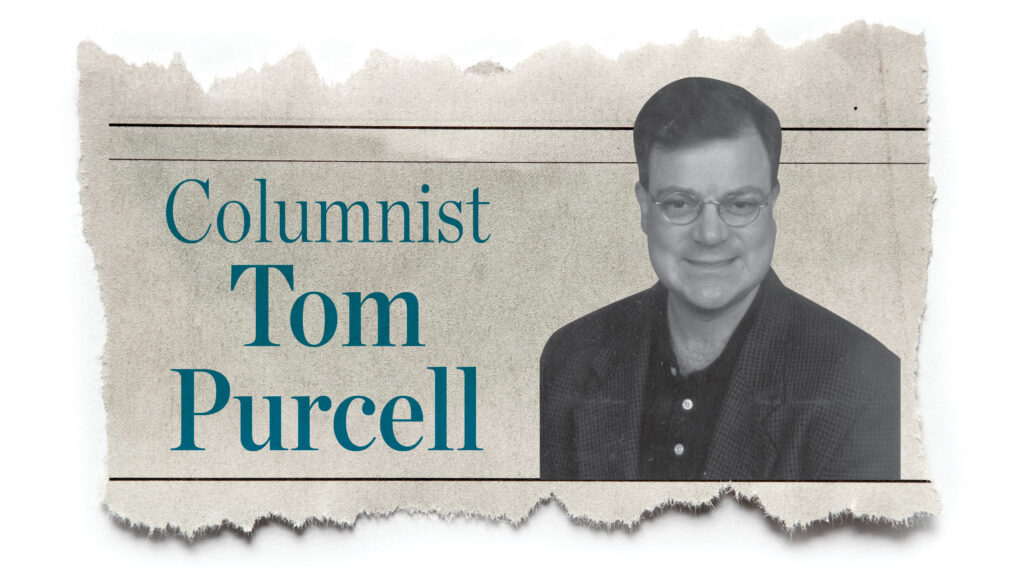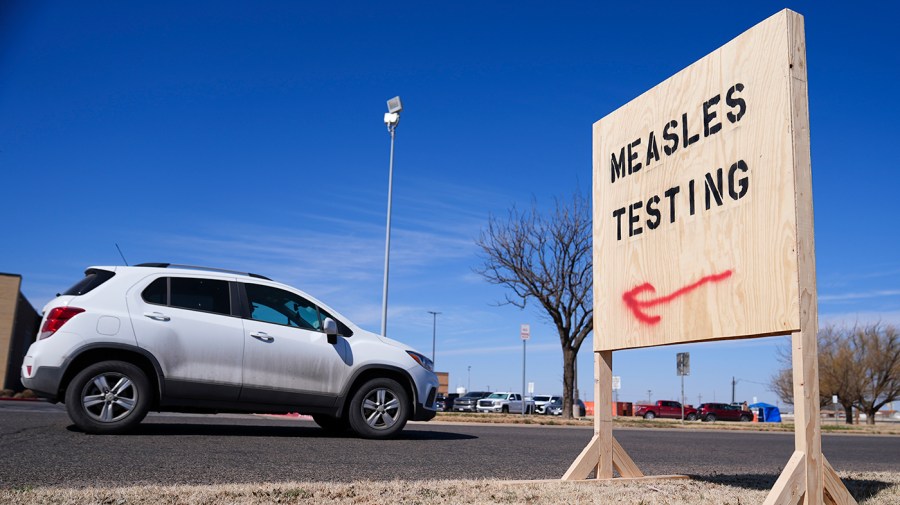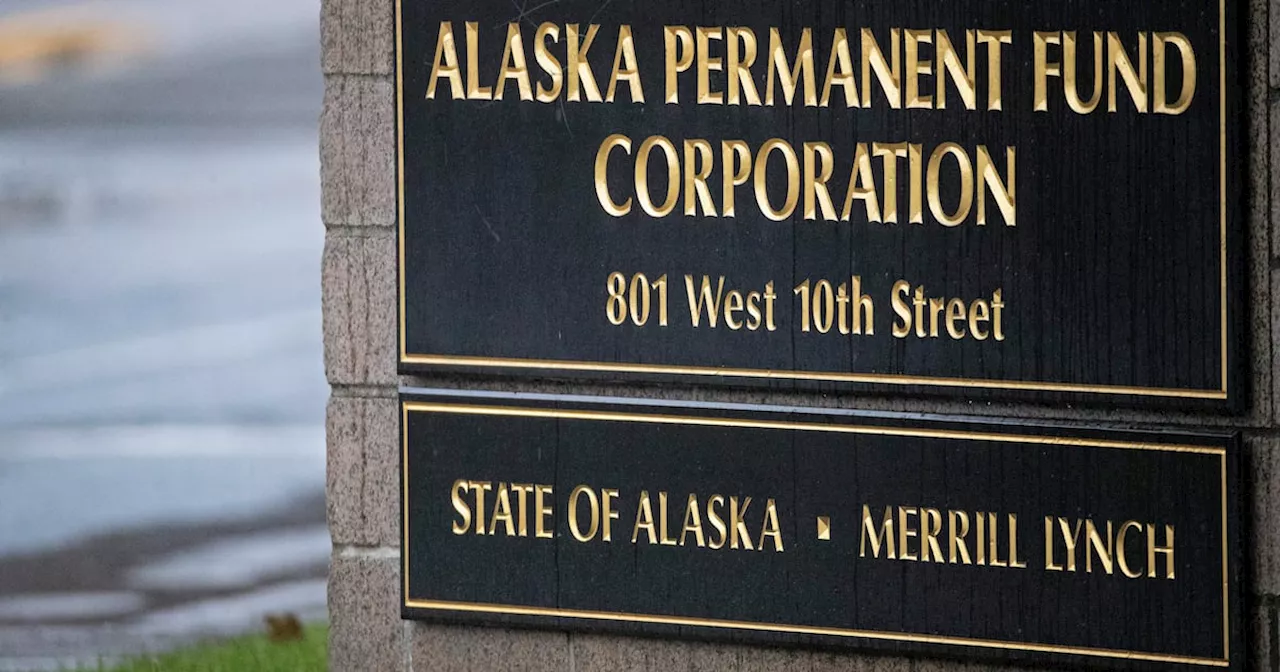
Concerns over data privacy have surged as individuals like Tom Purcell navigate an increasingly interconnected digital landscape. In a recent conversation, Purcell learned firsthand just how vulnerable personal information has become. From social security numbers to location data, the breadth of exposure raises pressing questions about privacy rights and data security.
Purcell’s experience highlights a stark reality. A caller informed him that his personal details, including his phone number and address, are readily available through various public records and services. The caller pointed out that Purcell had inadvertently shared his information each time he applied for a credit card, made an online purchase, or filed taxes. This revelation underscores the pervasive nature of data collection in daily transactions.
The conversation took a more alarming turn when discussing the implications of his social security number. The caller explained that this unique identifier is linked to over 60 federally approved uses, including applications for passports and Medicare. “Every bank account, credit card, tax record, loan, hospital visit, and insurance claim is tied to that number,” the caller stated. This interconnectedness creates a target for data brokers, who compile extensive profiles for sale to marketers, insurers, and even criminals.
Identity theft is a significant concern, as hackers exploit this information. They can open credit cards in someone else’s name, file fraudulent tax returns, or refinance homes without the owner’s consent, often leading to devastating financial consequences. Purcell expressed disbelief upon learning that smart gadgets, like his Ring doorbell, could also be vulnerable, providing potential thieves with insights into his daily routines.
As the conversation progressed, the caller warned Purcell about the privacy issues surrounding virtual assistants like Amazon’s Alexa. “For the right price, she might tell marketers about your late-night pizza cravings,” he joked. Yet, this touches on a serious concern: Amazon has faced lawsuits regarding Alexa’s handling of user data, including a notable $25 million settlement with the Federal Trade Commission for violating children’s privacy.
The discussion also covered social media giants such as Facebook, which automatically accesses users’ photos, contacts, and location history unless those features are disabled. “Your phone pings towers, Wi-Fi, and Bluetooth everywhere you go,” the caller explained. This level of surveillance allows companies to tailor marketing strategies that feel invasive to users.
Google, too, retains search histories indefinitely unless users change their settings, a fact that many remain unaware of. The caller assured Purcell that even with ongoing discussions about data privacy regulations, such as the stalled American Data Privacy and Protection Act, real change remains elusive in the United States. Some states have attempted to implement their own privacy laws, but a cohesive national standard is still lacking.
In a world where even TikTok is under scrutiny, Purcell discovered that the platform’s proposed separation from parent company ByteDance, involving a $14 billion deal with Oracle, does not guarantee safety from data mining. “TikTok will still mine your info to sell you junk,” the caller remarked, reflecting a broader trend among digital platforms prioritizing profit over user privacy.
As technology advances, so do the tactics of cybercriminals. AI-generated scams, including deepfake calls, have become alarmingly sophisticated, making it more difficult for individuals to discern legitimate communications from fraudulent ones. The risk is not just theoretical; real people are being tricked into wiring large sums of money to scammers posing as trusted contacts.
The unsettling reality is that in the digital age, privacy is not guaranteed. The U.S. Constitution does not explicitly protect data privacy, leaving many users vulnerable. The ongoing debate in Congress about privacy legislation highlights the urgent need for comprehensive protections as technology continues to evolve.
Purcell’s experience serves as a wake-up call for individuals to scrutinize their digital footprints and advocate for stronger privacy protections. As he concluded his conversation, the caller playfully noted, “Sorry, Tom. That information is private,” leaving Purcell to ponder the implications of living in a world where personal details are increasingly at risk.






